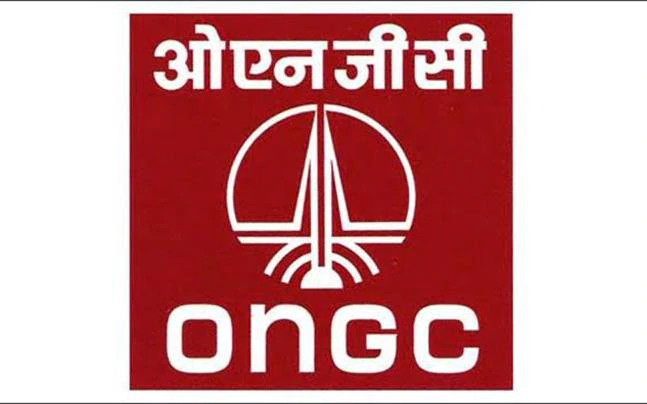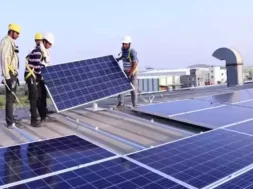
Didi partners with State Grid on electric vehicle services
Chinese ride-hailing giant Didi’s finalized a strategic partnership agreement with State Grid EV Service for its electric vehicle (EV) initiative today.
State Grid EV Service is a wholly-owned subsidiary of the State Grid of China, the country’s largest state-owned electric utility entity.
Under the partnership, State Grid’s nationwide network of charging stations will be connected to Didi’s open auto-solutions platform, Xiaoju Automobile Solutions, to provide integrated mobility, recharging, and energy-related services, according to an emailed statement from the company. The two parties will also look to cooperate in developing new car service models.
The cooperation will roll out first in key central and southeast provinces including Zhejiang, Fujian, Jiangsu, Shandong, Shaanxi, Hunan, and Jiangxi.
Didi has been attaching more strategic importance to auto-related services as it tries to move beyond its core ride-hailing business. In April 2018, the company invested $1 billion in Xiaoju Automobile Solutions. Through the platform, the company works with automakers, fleet operators, and energy partners to provide integrated automobile solutions to users, such as locating nearby charging stations.

While electric vehicles are going mainstream as an eco-friendly alternative for drivers, Didi is moving on the trend. The company recently set up a joint venture with a unit of state-owned BAIC to work on new energy vehicles and artificial intelligence.
As part of its auto-related services, Didi has explored electronic vehicle charging services in the past. In late 2017, it announced plans for its own electric vehicle charging network. The company now has more than 400,000 electric vehicles operating on its platform.
According to the China Association of Automobile Manufacturers, China accounts for more than 55% of global new energy vehicle sales thanks to government subsidies in support of the technology.
Meanwhile, the nation is racing to build the infrastructure needed to support those vehicles. China now boasts 808,000 electric vehicle chargers, well ahead of the roughly half a million in the US, according to a report released by Columbia University’s Center on Global Energy Policy. At the same time, global carmakers including BMW AG, Tesla, Volkswagen AG, Ford have launched their own charging ventures with local partners.















